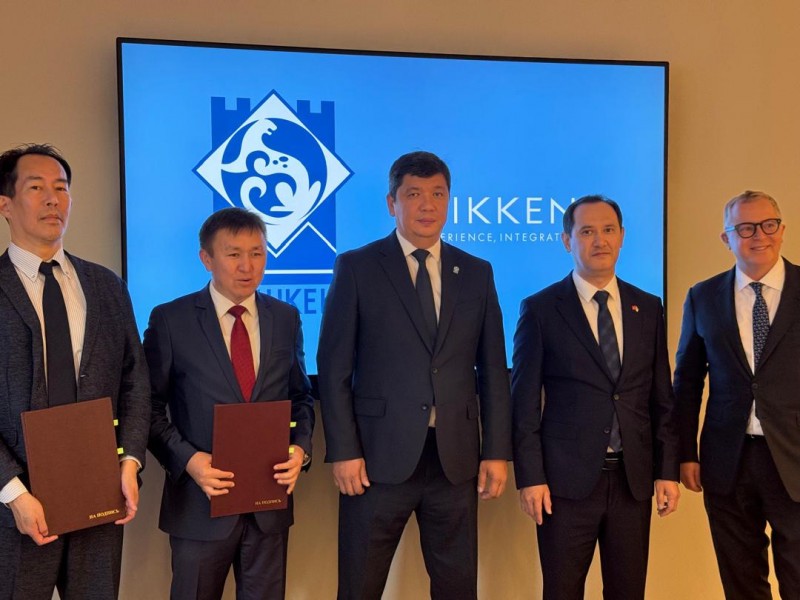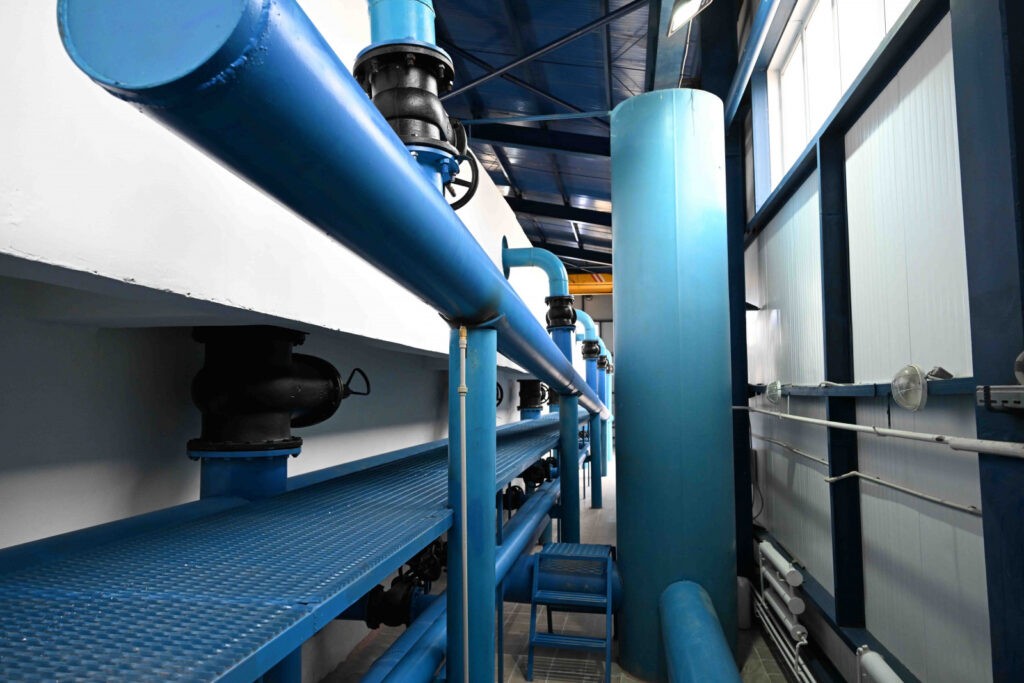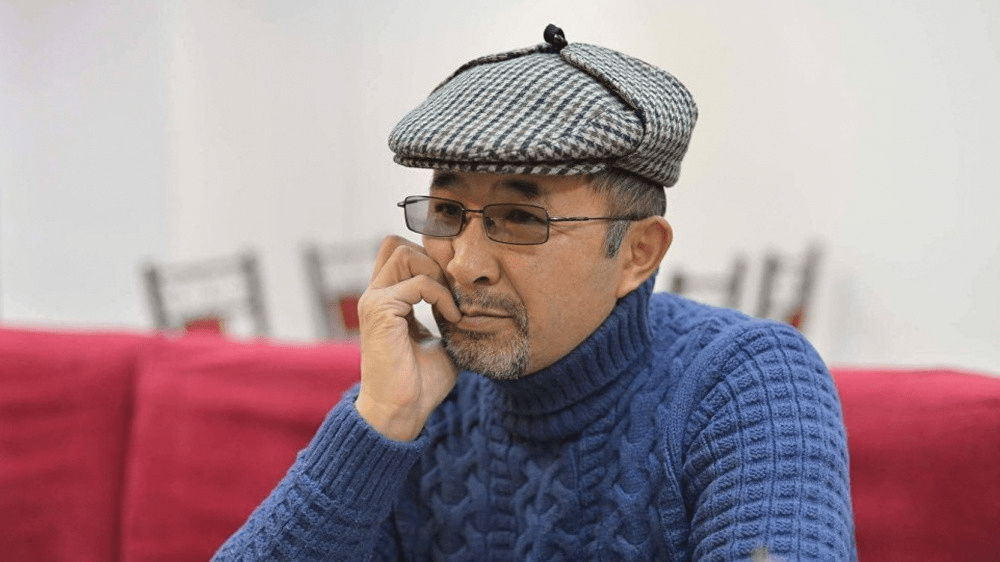Favorable weather conditions will allow Kyrgyz farmers to harvest a large beet crop this year. However, this will not stop the flow of imported sugar, as local production capacity covers only 65% of domestic needs. Cheap sugar imported from Russia and Kazakhstan could bankrupt farms. The sugar beet harvest in Kyrgyzstan usually begins in October-November, when processing begins. According to the ministry of agriculture, local farmers do not fully supply sugar beets to processing plants. Therefore, sugar has to be imported from Russia and Kazakhstan, jeopardizing the country's food security. Farmers themselves argue that cheap imports make beet cultivation unprofitable. Today there are about 3,000 beet farms in Kyrgyzstan, but their number is rapidly decreasing as it is becoming increasingly difficult to survive in the market. Nevertheless, the government is trying to rectify the situation by giving farmers 7 billion som ($78.6m) in soft loans. "If we talk about crops, they are not bad now. Only the lazy will be able to spoil the harvest. The weather conditions are excellent this year: there is moisture, not much heat, but enough, and beet is doing well. I think the harvest will be above average this year," Chui region farmer Mirgasym Allakhveranov told The Times of Central Asia. Kyrgyzstan should stop importing sugar from abroad and rely only on its own production, he said. The situation, he thinks, is exacerbated by the actions of resellers who export beets out of the country. "For the farmer it is very good, when they export beets (abroad), it means that the price will increase. But for the population it is not very good, because then the price of sugar rises. There is less sugar in the country and deficit begins. Naturally, traders, who have a special nose for these things, immediately raise prices," Allakhveranov added. According to official data, since the beginning of 2024, Kyrgyz authorities have already imported 10,800 tons of sugar worth $6.4m. The figures show that Kyrgyz stocks of the product are dwindling. Earlier, the ministry of agriculture submitted for public discussion a draft law proposing a ban on sugar exports until early fall. "The population's demand for the year is 145.7 thousand tons, in order to avoid a market price frenzy, as well as taking into account the temporary bans on the export of cane or beet sugar from Russia and Kazakhstan, it is necessary to establish a temporary ban on exports until the new harvest," reads the draft government resolution. To fully supply Kyrgyzstan with granulated sugar, about 20,000 hectares of beets must be planted each year, processing plant owners say. This year, 15,000 hectares were planted despite government subsidies. Farmer Mirgasym Allakhveranov said that in the 1960s, Kyrgyz beet was considered the best in Central Asia. Scientists worked to create a root crop that yielded a good harvest. But the methods they developed no longer exist – farmers buy seeds in Europe that are not always suitable for the local climate. This affects beet yields and leads to a...








